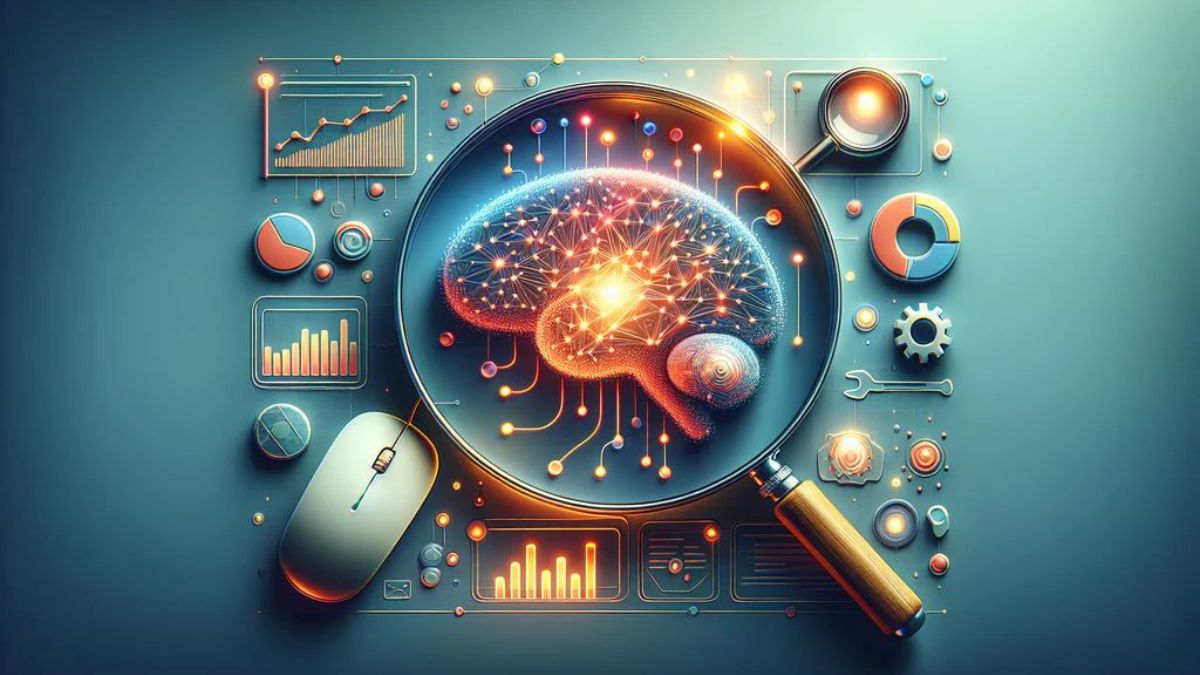Digital technology has become a central part of modern life, transforming the way we connect, work, and make decisions. From communicating instantly with friends across the globe to automating complex business processes, digital tools influence nearly every aspect of our daily routines. But how is digital technology shaping the world we live in? And, more importantly, what does this mean for businesses, governments, and individuals?
This article explores the far-reaching impacts of digital technology, its exciting applications, and emerging trends poised to redefine our future.
What is Digital Technology?
Digital technology refers to tools and systems that process information in a binary format (using 0s and 1s). It includes devices, software, and algorithms that help us store, transmit, and analyze data. Smartphones, artificial intelligence (AI), cloud computing, and blockchain are just a few examples of digital innovations reshaping industries and societies.
Unlike traditional analog technologies, which operate linearly, digital tools enable faster, more efficient processes. They’re designed for constant evolution, allowing developers to innovate and adapt to changing needs.
The Key Impacts of Digital Technology
Digital technology is far more than a collection of handy tools. It is a driving force behind some of the most significant global changes of the 21st century. Below, we highlight its critical impacts.
1. Transforming Communication
One of digital technology’s most remarkable achievements is its ability to connect people in ways that were unimaginable just a few decades ago.
- Social Media Networks have turned individuals into global influencers and reshaped the way businesses interact with consumers. Platforms like Instagram, TikTok, and LinkedIn are no longer just for personal networking but are vital for branding, recruiting, and marketing.
- Instant Communication tools, such as WhatsApp, Slack, and Zoom, allow for seamless collaboration across distances, bridging gaps between employees and customers.
2. Empowering Businesses
Digital technology helps businesses streamline operations and make data-driven decisions. Essential platforms like customer relationship management (CRM) systems and enterprise resource planning (ERP) tools enable companies to better manage relationships and resources.
- Automation: AI-powered systems are replacing repetitive processes, optimizing workflows, and reducing employee workloads.
- E-commerce Boom: Platforms like Shopify, PayPal, and Stripe provide businesses of all sizes with the ability to sell directly to customers worldwide.
3. Revolutionizing Education
Education, an area previously confined to chalkboards and textbooks, has undergone a seismic shift thanks to digital technology.
- E-learning Platforms like Coursera, Khan Academy, and Udemy offer online courses, making high-quality education accessible globally.
- AR and VR in Education: Immersive technologies are transforming learning experiences by simulating real-world scenarios—for example, letting medical students practice surgeries in a virtual operating room.
4. Enhancing Healthcare
Technology in healthcare has not only accelerated medical research but also improved patient care. Telemedicine solutions and wearable health trackers are just the beginning of a more digitally optimized healthcare system.
- Electronic Health Records (EHRs): Digital data storage improves patient management and reduces human error.
- AI Diagnostics: Tools like IBM Watson provide doctors with faster and more accurate diagnostic capabilities.
5. Redesigning the Workplace
The workplace has become increasingly dependent on digital tools to boost productivity and employee satisfaction.
- Remote Work Technologies: Tools like Microsoft Teams and Google Workspace help employees stay connected and collaborate from anywhere.
- AI Integration: Machine learning tools are being used for personalized employee training and talent acquisition.
6. Promoting Global Sustainability
Digital tools are playing a pivotal role in sustainable development, tackling pressing global challenges such as climate change.
- Renewable Energy Optimization: AI tools improve the efficiency of solar and wind power systems.
- Smart Cities: IoT (Internet of Things) devices track energy usage, reduce waste, and improve urban planning.
Emerging Trends in Digital Technology
Several trends are shaping the evolution of digital technology. Here’s a look at what’s ahead:
1. Artificial Intelligence Everywhere
AI is no longer a niche, futuristic concept. From customer service chatbots to self-driving cars, it’s becoming part of everyday life. Its ability to process and analyze vast amounts of data will continue to disrupt industries.
2. Blockchain Beyond Cryptocurrency
While blockchain initially gained popularity because of cryptocurrencies like Bitcoin, it has wider applications. Industries such as healthcare, supply chain management, and real estate are adopting it for greater transparency and security.
3. The Expansion of 5G Networks
The rollout of 5G connectivity promises unprecedented mobile internet speeds. This will enhance technologies such as autonomous vehicles, AR/VR systems, and IoT applications.
4. The Growth of the Metaverse
Virtual spaces for work, play, and learning are rapidly developing. Platforms like Meta (formerly Facebook) are investing heavily in integrating physical and digital worlds in a singular environment, offering new opportunities for businesses and entertainment.
5. Cybersecurity Innovation
With growing reliance on digital systems, cybersecurity has become a top priority. New security technologies, like zero-trust protocols and quantum encryption, aim to better protect sensitive data.
How to Harness the Power of Digital Technology
For individuals and businesses alike, the key to maximizing digital technology’s potential lies in strategic adoption. Here are a few tips:
- Stay Updated: Regularly follow industry reports, webinars, and innovation hubs to understand the latest trends and tools.
- Invest in Training: Equip yourself or your team with the skills needed to leverage new tools efficiently.
- Choose Scalable Solutions: Create a digital roadmap for growth that includes scalable technology capable of adapting to future needs.
For businesses, being agile and open to experimentation will go a long way in ensuring success in a rapidly evolving technological environment.
Digital Technology’s Role in a Better Tomorrow
Digital technology has become an inseparable part of how we live, learn, and do business. Its role in driving innovation is undeniable, and its potential to solve global challenges is inspiring. The key takeaway? Those who adapt, explore, and innovate with digital technology will not only stay ahead of the curve but will also contribute to shaping a more connected, efficient, and sustainable future.
FAQs
What is digital technology?
Digital technology refers to electronic tools, systems, and devices that process, store, or transmit data. Examples include smartphones, computers, wearable devices, and software applications.
How does digital technology contribute to sustainability?
Digital technology improves efficiency, reduces waste, and enables solutions like smart grids and precision agriculture. It also facilitates remote work and communication, reducing carbon footprints.
Why is it important to adapt to digital technology?
Adapting to digital technology is crucial to staying competitive, enhancing productivity, and addressing modern challenges. It opens opportunities for innovation and global collaboration.
What challenges are associated with digital technology?
Some challenges include cybersecurity risks, data privacy concerns, the digital divide, and potential over-reliance on technology. Addressing these issues is key to harnessing its full potential.











